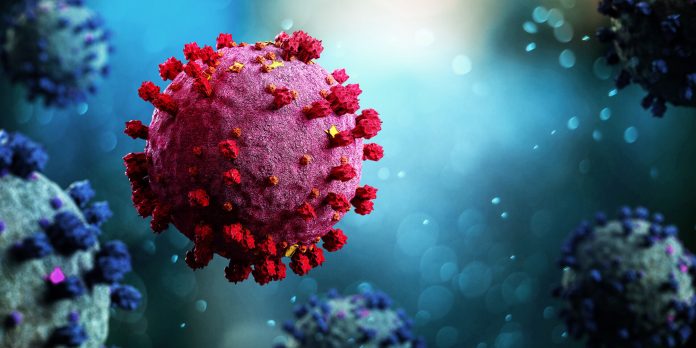Lately, you may have seen a lot of news about new strains of COVID-19 on the rise all over the U.S. And you’re probably wondering how many of these new strains are out there and what exactly makes them different.
As viruses move through the population, they’re constantly mutating causing new variants to emerge. Sometimes new variants emerge and disappear. But in some cases, they persist and can become the predominant source of infection.
Currently, the CDC (Centers for Disease Control and Prevention) is tracking one “variant of concern” in the U.S.—the Delta variant—and has designated several as “variants being monitored.” Below is an overview of Delta and a few others that may be familiar.
DELTA (B.1.617.2) Variant of Concern
Since helping to drive an unprecedented wave of COVID-19 cases in India, this fast-spreading variant has since been found in at least 163 countries. According to WHO (World Health Organization), it’s estimated to be 55% more transmissible than Alpha and almost twice as infectious as the original strain from early 2020.
Even worse, it can cause more severe illnesses than other variants. FDA-approved or authorized vaccines do provide protection. However, according to the CDC, preliminary evidence suggests that fully vaccinated people who do become infected with the Delta variant can spread the virus to others. To date, the Delta variant is still the predominant strain in the U.S.
ALPHA (B.1.1.7)
This variant was first detected in England in September 2020. By December 2020, it was the dominant strain in the U.S. According to the CDC, it spreads much faster than other variants and “may potentially cause more people to get sicker and to die.” Fortunately, all FDA-approved or authorized vaccines do work against this variant and breakthrough infections in fully vaccinated people are rare.
BETA (B.1.351)
This variant, which was first identified in August 2020 in South Africa, carries mutations that make it easier to spread and more contagious. But according to the CDC, current data does not indicate that it causes more severe illness or death compared to other variants. Additionally, like the Alpha strain, FDA approved or authorized vaccines do work against this variant.
GAMMA (P.1)
This variant was first spotted in Japan and Brazil in late 2020 and has now been reported in at least 86 countries. While this variant does appear to spread faster than others, current data has shown no sign the variant causes “more severe illness or death than other variants,” according to the CDC.
OTHER VARIANTS ON THE RISE
While the CDC considers Delta to be the only variant of concern at this time, there are a few additional variants being monitored, including Eta, Iota, Kappa, Lambda and Mu. The best way to stay informed on different variants is to check the CDC site frequently.
The best way to minimize your risk of contracting the virus that causes COVID-19, including any variants, is to get vaccinated. Getting vaccinated also helps reduce the risk for others. “If we don’t vaccinate, the virus will evolve,” explains Skip Virgin, M.D., Ph.D., chief scientific officer at Vir Biotechnology, a company that creates treatments for infectious diseases like COVID-19, hepatitis B and HIV.
If you are infected by one of these variants and are at high risk of disease progression, make sure to talk to your doctor as soon as possible after diagnosis about what therapeutic treatments are available because COVID-19 becomes harder to treat once it progresses. According to the CDC, FDA-emergency authorized therapeutic treatments like monoclonal antibodies, may help decrease the development of mild-to-moderate COVID-19 into severe COVID-19.
This article is brought to you by VIR Biotechnology.





